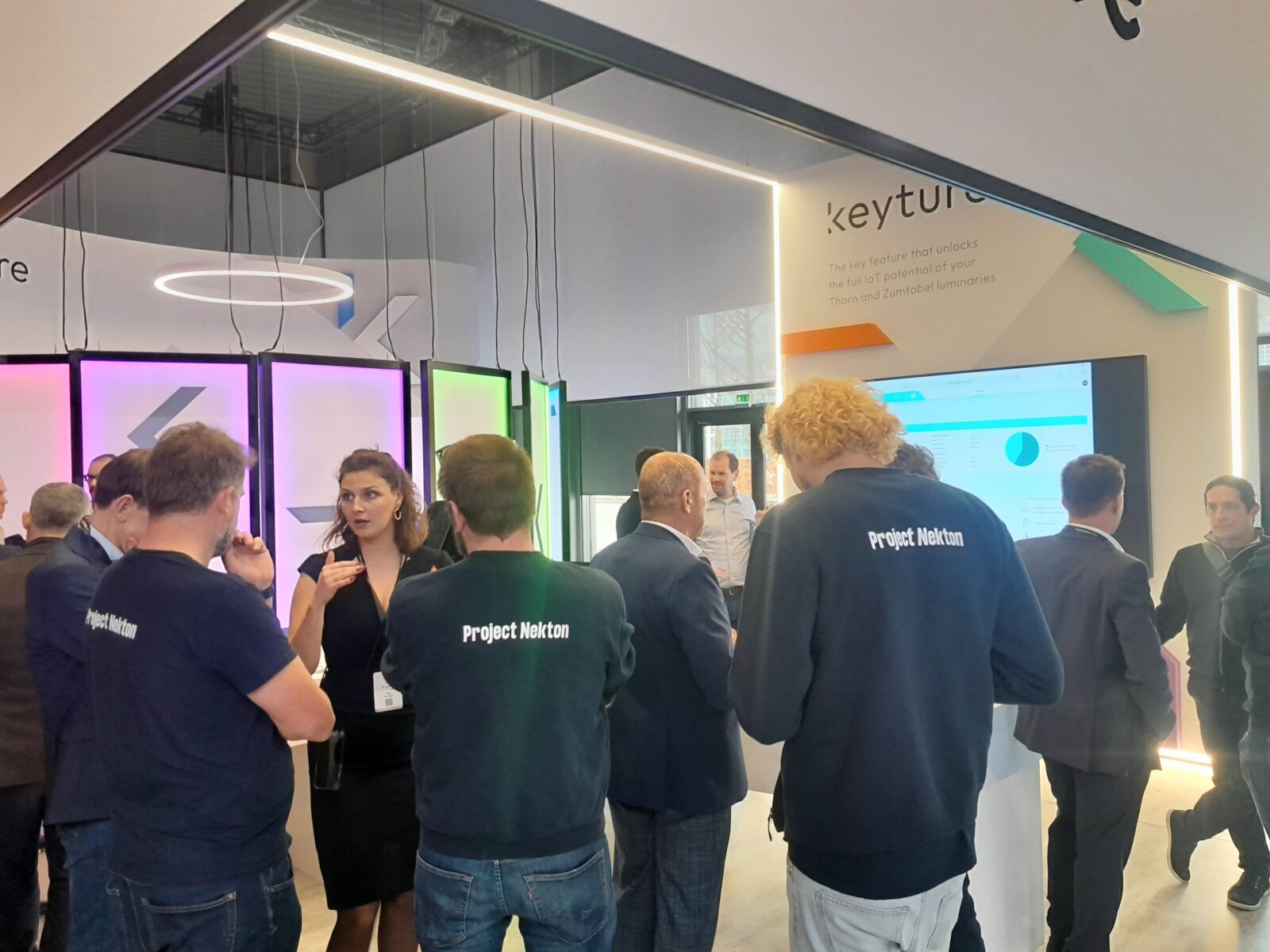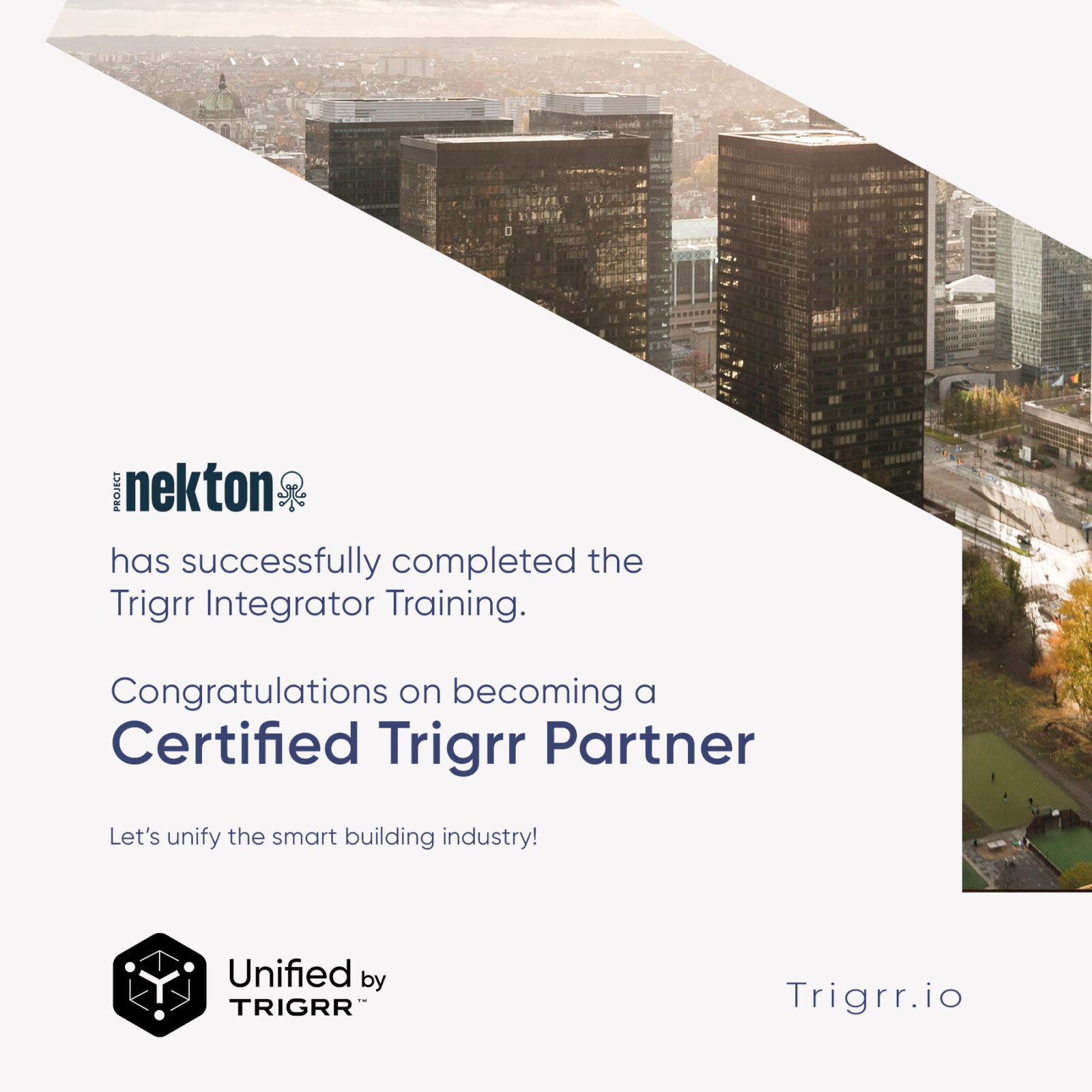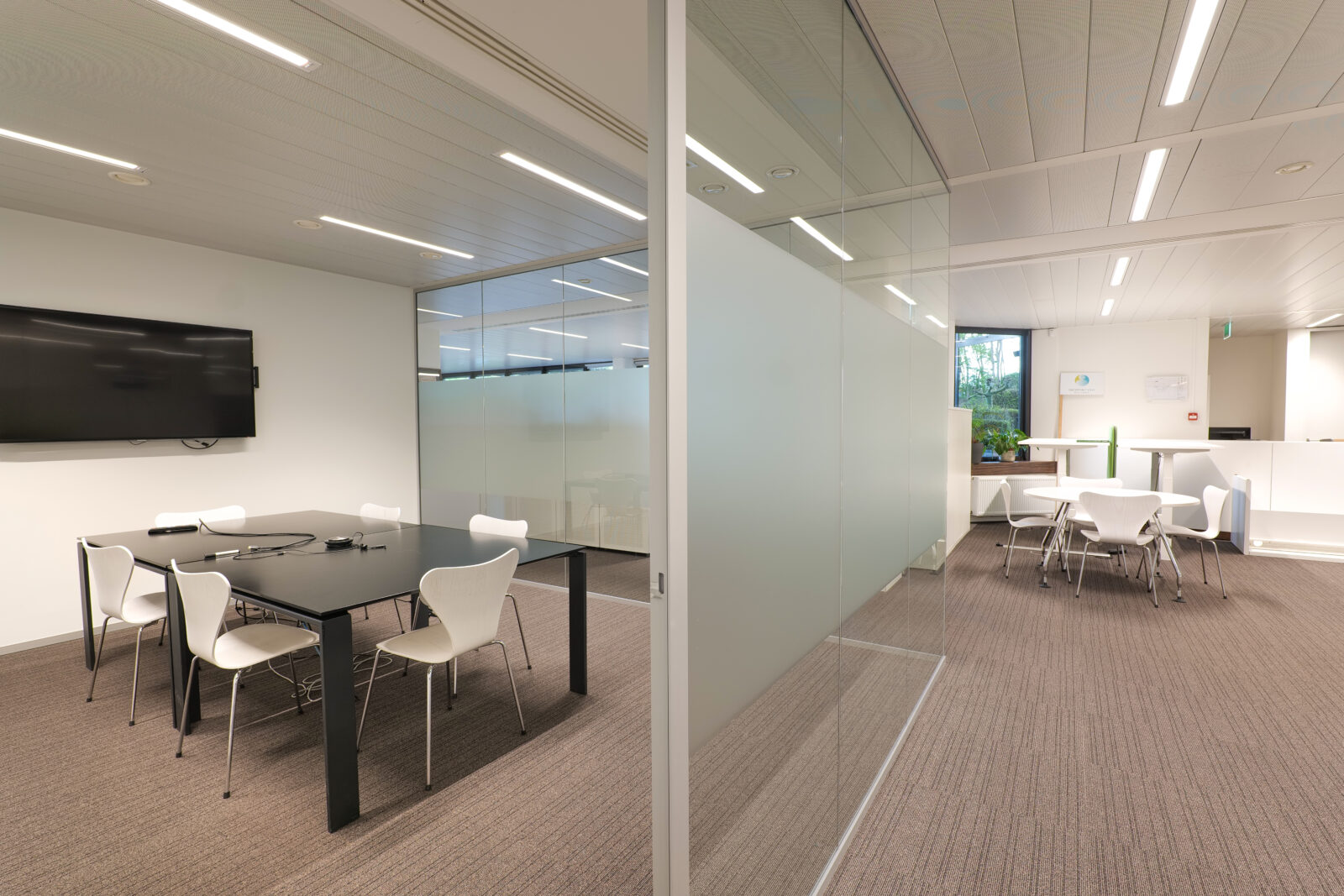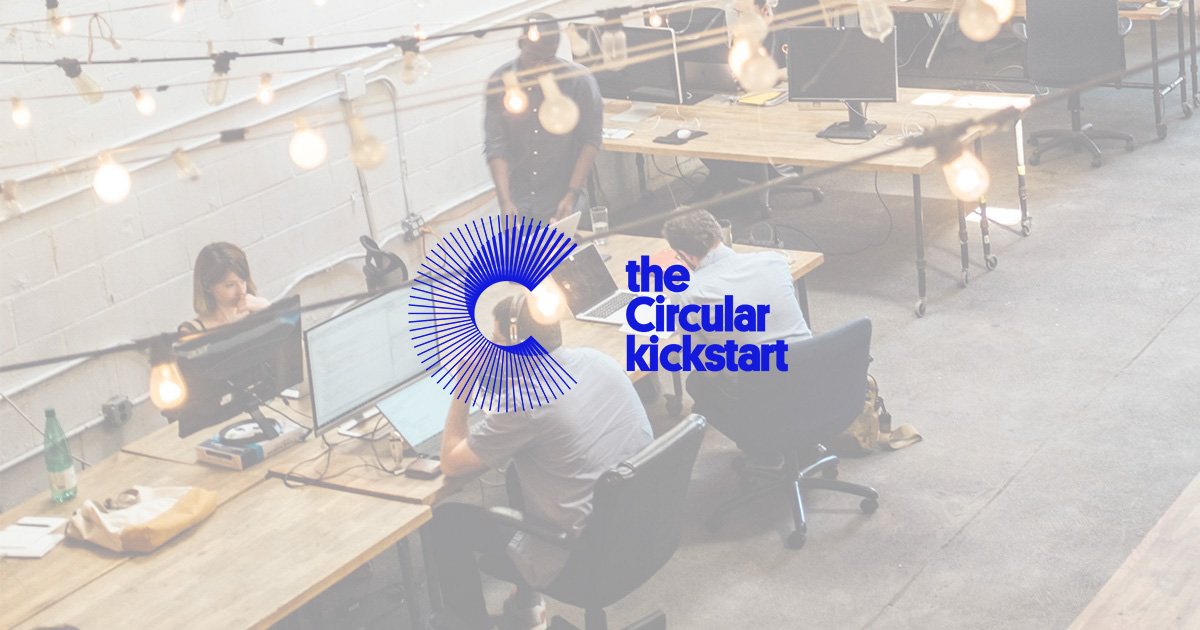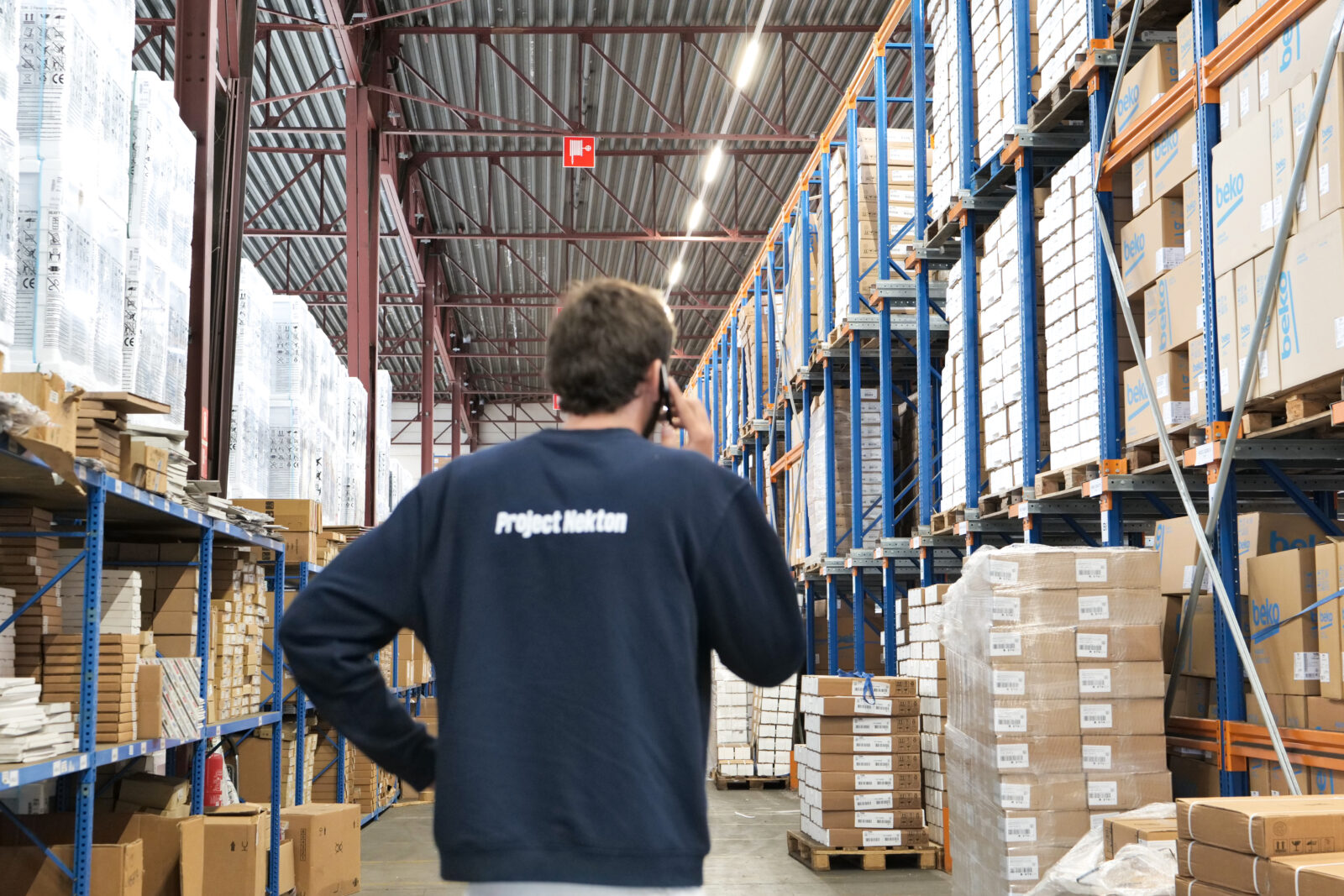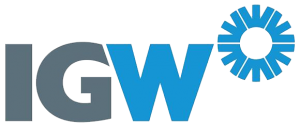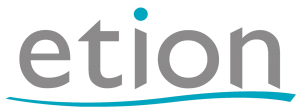Under the RoHS Directive, the production and sale of new fluorescent lighting will be banned within the European Union in the course of 2023. The time has come to phase out the use of toxic materials, such as mercury and phosphorus, to protect human health and the environment from their harmful effects.
This decision presents an excellent opportunity to partner with Project Nekton to replace your existing outdated lighting with more energy-efficient and ecological alternatives! Not only will you be required by law to do so, you will also be doing your part for the environment, as well as significantly lowering lighting energy costs.
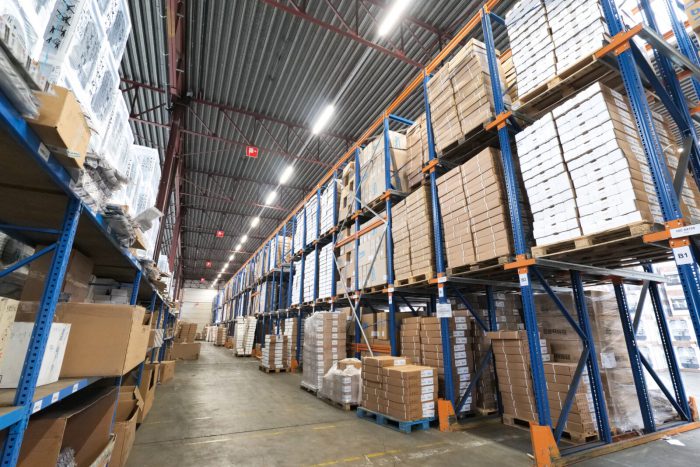
What is changing around regulations?
The EU ban on fluorescent lamps goes hand in hand with some new requirements and regulations on lighting.
The ban introduces the new 2019/2020 regulation on lighting (Single Lighting Regulation – SLR) and the 2019/2015 EU regulation on energy labeling (Energy Label Regulation – ELR).
SLR / ELR
The Single Lighting Regulation sets higher standards for lighting efficiency and light quality.
The SLR no longer distinguishes between lamps, modules and luminaires: instead, they refer only to light sources. Energy efficiency will therefore be evaluated, for example, only for the light source.
A light source is any electrical product that emits white light. Each light source will thus be evolved separately in accordance with the suspension and have to meet stricter requirements (SLR), and receive a newly introduced energy efficiency label (ELR).
RoHS
The English abbreviation RoHS comes from “Restriction of the use of certain Hazardous Substances.
This European directive sets legal limits on the amount of six substances used, including mercury and phosphorous, which can be found primarily in electronic equipment. The RoHS legislation applies to all electronic goods and is intended to protect human health and the environment.
Specifically in the field of lighting, there will be a ban on PL and long life fluorescent lamps from 15/02/2023. At a further stage, T5 and T8 fluorescent bulbs will also be banned from 24/08/2023.
What does this mean for businesses?
The ban on fluorescent lamps will affect many companies, as they will have to switch to alternative lighting solutions. This will require both tremendous practical organization and significant financial investment.
Investment aside, the new regulation will further encourage the transition from obsolete light sources to smart LED lighting, which is positive, of course. Such measures, proven to deliver energy savings of up to 85%, will ensure that LEDs are brought into use at a faster pace in all public, private and commercial spaces.
This move to more energy-efficient lighting, such as LEDs, will result in significant cost savings in the long run. Not to mention, you are doing your part for the environment by reducing your carbon footprint.
When the traditional fluorescent lamp officially becomes a thing of the past (compact fluorescent lamps as of February 2023 and T5 and T8 as of August 2023), our estimates are that around 250 million already installed units (estimates for T5 and T8) will need to be replaced over the next six years in Europe alone.
What are the alternatives?
To avoid becoming dependent on explosive demand and accompanying long lead times, it’s best to plan now for the replacement or refurbishment of your lighting fixtures.
This critical time presents a great opportunity to go wireless with your LED retrofit. Wireless lighting control projects are gaining popularity due to their proven track record of reducing energy consumption, lowering operating costs, improving security and providing a transparent network infrastructure that can be easily scaled up with minimal disruption and installation costs.
Be sure to take a look at our services, and find out what we can do for your business!
4 reasons why you should embrace change with Project Nekton
Project Nekton is your partner in the transition to a more sustainable future.
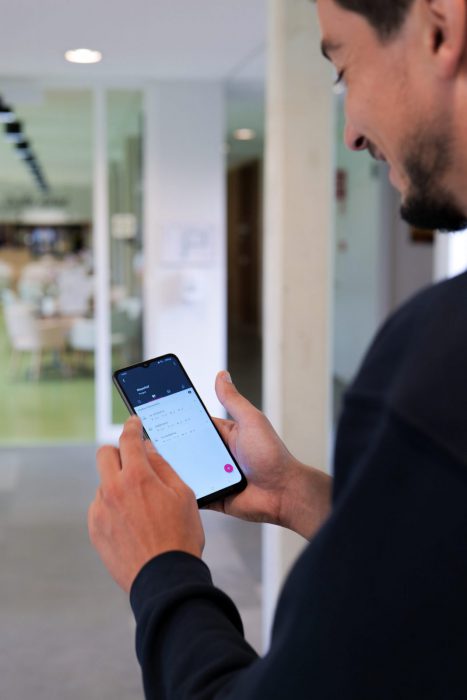
1. No interruption to your operations during installation
We choose wireless lighting fixtures in most cases, we recover the existing power supply from the old fixtures to power the new fixture, and communication is wireless so no additional wiring is required.
2. Easy conversion
We can convert your old fluorescent fixture to LED and provide a smart-ready driver so the fixture can easily communicate in mesh.
3. Quick commissioning
The fixtures can be controlled with a wireless switch or using the free downloadable app. Freed from the physical constraints of wiring, any additions or changes to lighting control systems can be easily implemented in the app.
It is possible to add or remove fixtures, introduce new functionality and create custom scenes at any time. This is all done in the software, at any time, from any location.
4. Human-centric lighting
Via onze lichtstudies voorzien we beter licht dan wat u nu heeft. We focussen ons op de gezondheid en veiligheid van uw werknemers, aanpasbaar aan de noden van elk individu.
Want to know more?
Feel free to contact us for more information about the ban and its implications for your case. We would be happy to discuss the endless possibilities together!


